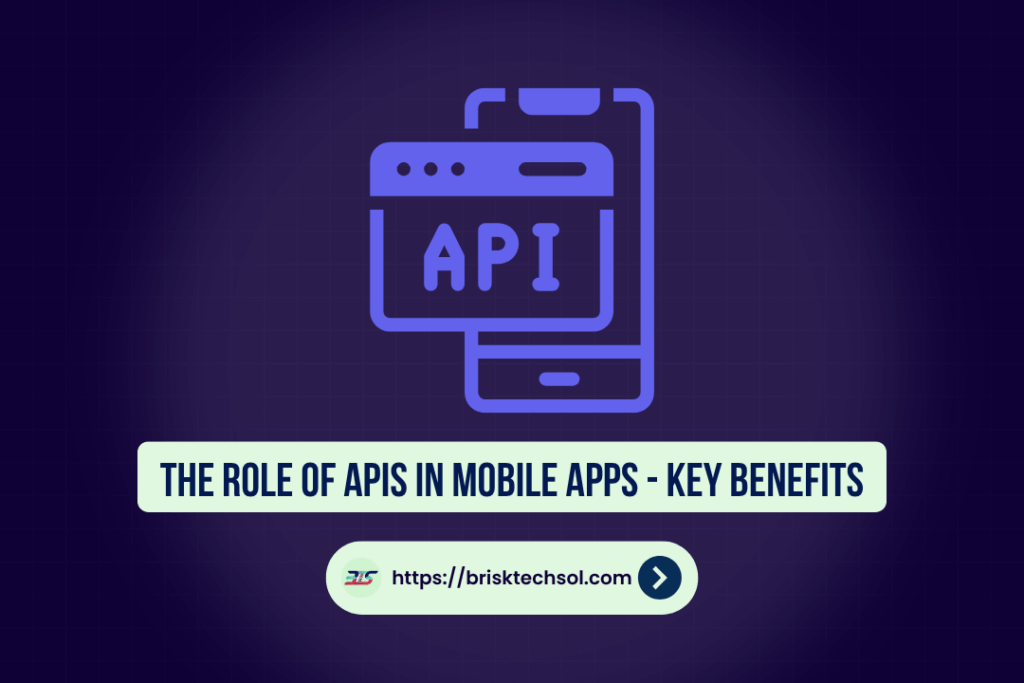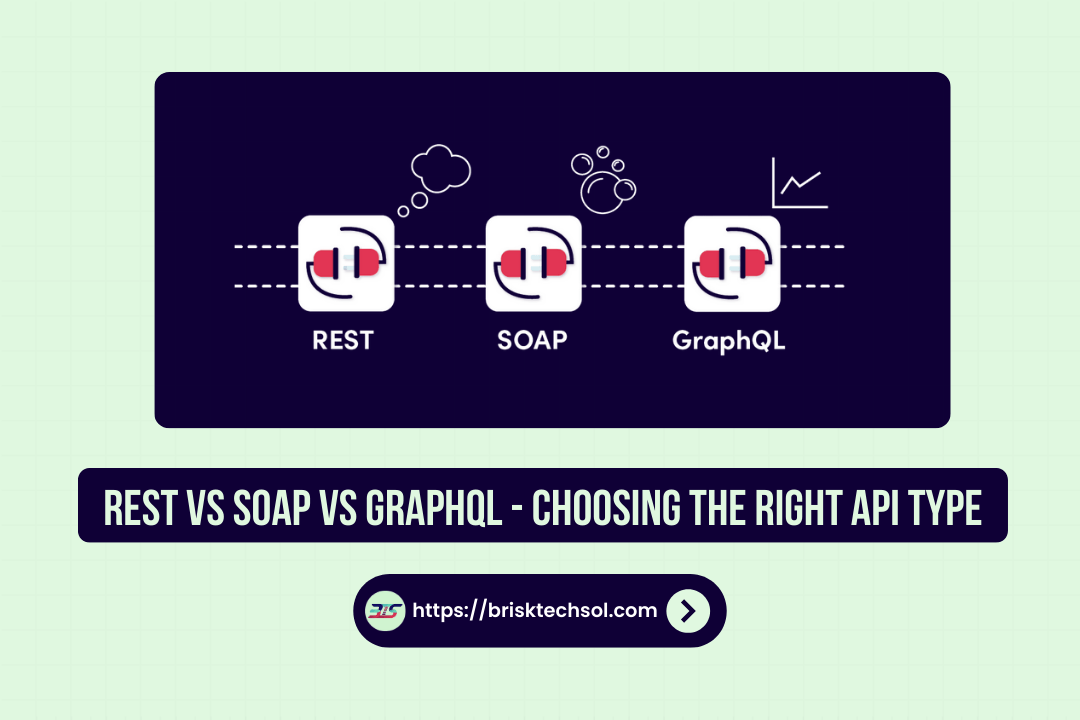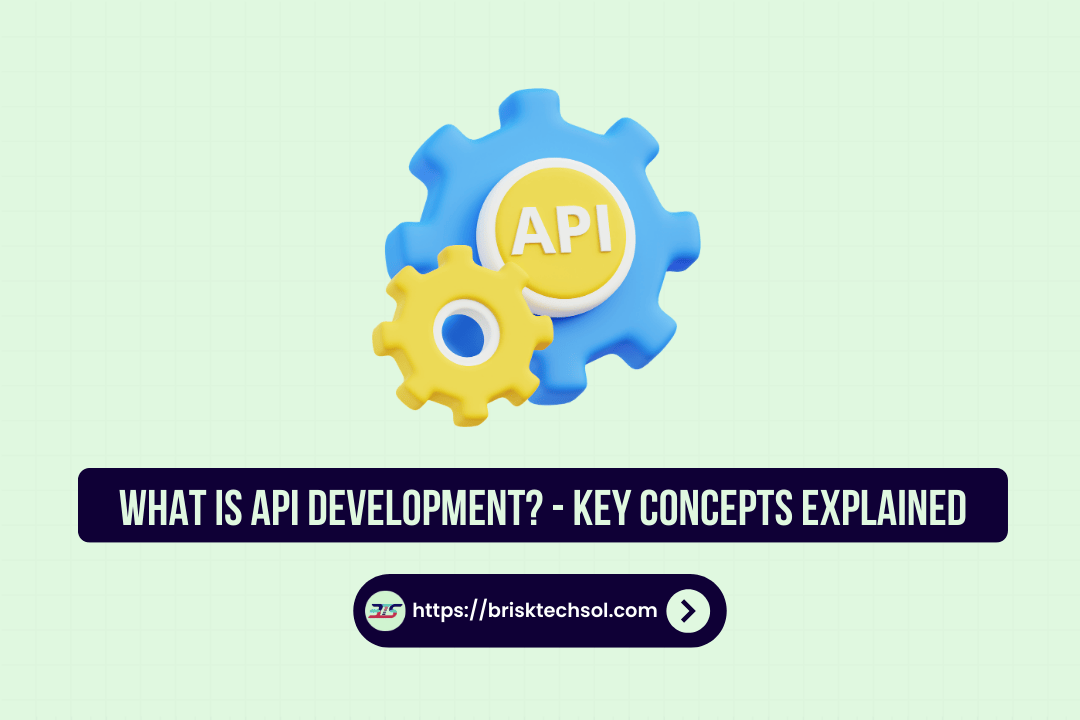Mobile apps are an integral part of our daily lives, powering everything from social media and banking to fitness and shopping. But behind the seamless experiences these apps offer lies a crucial yet often invisible component enabling their functionalities APIs.
Application Programming Interfaces, or APIs, are the connective tissue that allows apps to interact with each other and with external systems. Without them, the intuitive, feature-rich mobile apps we rely on today simply wouldn’t exist. This blog will explore the role of APIs in mobile apps, uncover their key benefits, and present real-world examples showcasing their potential.
Whether you’re a developer, a product manager, or a business leader, understanding APIs’ impact on mobile app development could change the way you think about building and improving app experiences.
Why APIs are Essential in Mobile App Development
APIs have changed the mobile app development process. They significantly reduce the development time by allowing developers to integrate pre-built features rather than building everything from scratch. Here are some key reasons why APIs are essential for mobile app development:
Speed and Efficiency
APIs speed up the development process by providing ready-made functionalities. For instance, integrating payment systems like PayPal or Stripe through their APIs saves developers the time and complexity of creating a custom solution. This results in faster app development cycles and quicker time-to-market.
Focus on Core Features
Instead of spending time on developing features that are common across apps (like payment processing, user authentication, or social media sharing), developers can leverage APIs to handle these common tasks. This allows developers to focus on creating unique features that differentiate their app.
Cross-Platform Integration
APIs allow mobile apps to seamlessly integrate with external web services, which makes it easier to develop cross-platform applications. Whether it’s integrating with a customer relationship management (CRM) tool or adding social login features, APIs make it easier to connect apps with other platforms.
Relevant Data:
- In 2024, it was reported that over 80% of mobile apps rely on APIs to integrate essential features like payments, messaging, or geolocation.
Improved Collaboration
APIs allow developers to work more collaboratively with other software or service providers. This collaborative development can speed up innovation and ensure that apps have access to the latest services, updates, and features offered by third parties.
Benefits of APIs in Mobile App Development
Enhanced Functionality and Features
APIs unlock a world of advanced features that apps can integrate without building everything from the ground up. Need real-time navigation? Use Google Maps API. Want to boost in-app engagement? Embed social sharing with Facebook or Twitter APIs. APIs ensure your app has access to cutting-edge technologies, making it more competitive and user-friendly.
For example:
- Social Media Integration: APIs allow apps like Airbnb and Spotify to enable easy sharing of content directly to platforms like Instagram or Twitter.
- Payments: Services like Stripe or PayPal provide APIs that simplify integrating secure and efficient payment systems.
This flexibility allows developers to focus more on the app’s unique value while outsourcing standard functionalities to proven services.
Streamlined Development Process
With mobile app development becoming increasingly complex, APIs offer an efficient solution to shorten development cycles. Developers can tap into pre-existing code modules or services via APIs instead of building functionalities from scratch.
Through APIs:
- Time-to-market is significantly reduced, especially for startups trying to release Minimum Viable Products (MVPs).
- Maintenance becomes easier. APIs undergo continuous updates managed by their providers, ensuring your app always performs optimally.
APIs empower developers to deliver robust apps faster, meeting user demands promptly and staying ahead of competitors.
Improved User Experience
APIs directly impact user experience by enabling smooth, consistent, and feature-rich apps. They allow apps to:
- Fetch and display real-time data (e.g., weather apps or stock-tracking apps).
- Sync across devices for seamless interactions (e.g., streaming music across multiple devices with Spotify Connect).
- Offer localized features, such as language translations or currency conversions, tailored to users’ preferences.
For instance, Uber’s use of APIs from Google Maps ensures riders pinpoint their locations effortlessly, simplifying the entire experience. Similarly, payment APIs reduce transaction friction, creating smoother checkouts for e-commerce apps.
When users get what they need quickly and painlessly, they’re far more likely to remain engaged.
Cost-Effectiveness
Developing every feature internally from scratch can stretch both budgets and timelines. APIs save development costs by allowing teams to leverage existing solutions. For businesses, this cost-effectiveness is a huge win, freeing up resources for innovation or scaling other operations.
For small businesses or startups with limited budgets, APIs provide access to enterprise-grade technologies they couldn’t otherwise afford to build independently.
Additionally:
- Lower maintenance costs come from relying on third-party platforms for continuous improvements and security upgrades.
- APIs often come with flexible pricing models, catering to businesses of all sizes, ensuring efficient spending.
By using APIs, you’re not just saving money today; you’re also positioning your technology stack for long-term affordability and scalability.
Scalability and Flexibility
APIs make it easier to scale mobile apps and adapt to user demands. When your app is designed to work fluidly with external services, adding new features or increasing capacities becomes relatively straightforward.
Consider e-commerce platforms during holiday sales. By integrating APIs for payment processing and logistics, businesses can handle surges in demand without compromising performance. APIs give businesses the agility to grow without the downtime or challenges of rebuilding core infrastructure.
APIs also allow developers to experiment. Whether it’s integrating AI-driven chatbots or exploring augmented reality features, APIs provide an accessible playground for implementing innovation.
Types of APIs Commonly Used in Mobile Apps
There are several types of APIs used in mobile app development, each serving a different purpose. Below are some of the most commonly used APIs:
- REST APIs: These APIs follow the principles of Representational State Transfer (REST) and are used for web-based services, allowing easy integration with mobile apps for things like data retrieval.
- SOAP APIs: SOAP (Simple Object Access Protocol) APIs are used for more secure and complex data exchanges, often used in enterprise-level apps.
- GraphQL APIs: This newer type of API allows more flexible data retrieval, enabling developers to request exactly the data they need from a server, thus reducing the overhead.
- Webhooks & WebSocket APIs: Used for real-time data streaming and notifications.
Example: REST API for fetching user data: A mobile app that pulls user information from a server using a REST API for displaying profile data.
Use Cases of APIs in Mobile Apps
Here are some real-world examples of how APIs are used in mobile apps:
- Social Media Integration: APIs from Facebook or Instagram allow users to sign in via social media accounts, share content, or retrieve their social feeds.
- Payment Systems: Mobile apps like Uber and Airbnb integrate payment APIs (e.g., Stripe, PayPal) to enable secure, in-app payments.
- Geolocation: Apps like Google Maps or ride-sharing services use APIs to access geolocation data, enabling users to see their current location and receive directions.
- Cloud Storage: APIs from Google Drive or Dropbox allow apps to store and retrieve user data in the cloud, saving local storage space on devices.
Voice Assistants: Mobile apps are increasingly integrating with voice assistant APIs like Siri and Google Assistant for hands-free control and voice commands.
Real-World Examples of API Success
API-powered mobile apps are everywhere, and they showcase just how transformational this technology can be. Some noteworthy examples include:
- Slack: This widely-used team communication tool integrates with APIs from Google Drive, Trello, and more to enable seamless collaboration.
- Uber: The ride-sharing app leverages multiple APIs including Google Maps, Twilio for messaging, and payment services like PayPal to create its smooth, intuitive user experience.
- Spotify: Through social media APIs, Spotify allows users to share songs or playlists directly with friends, enhancing its social appeal.
- Zomato: Food apps like Zomato and Yelp use location-based APIs to show real-time options for dining or delivery in a user’s vicinity.
These examples highlight how APIs fuel innovation while enhancing usability, making them an indispensable part of modern mobile apps.
Key Takeaways
- Prioritize Security: Always implement strong security measures to protect user data and maintain application integrity. This includes using authentication protocols like OAuth, data encryption to safeguard sensitive information, and strict adherence to API-specific security guidelines. Neglecting security could lead to vulnerabilities that compromise your app and user trust.
- Evaluate Compatibility: Choose an API that aligns with your app’s platform, programming language, and specific requirements to ensure seamless integration and functionality. Check for compatibility with existing tools, frameworks, or third-party services you rely on, as this can save time and effort during development.
- Documentation Matters: Comprehensive and clear documentation is essential for smooth implementation, quick onboarding of team members, and effective troubleshooting. Well-written API documentation should include examples, best practices, and detailed explanations of key features to eliminate confusion and save valuable development hours.
- Scalability is Key: Select APIs that can grow alongside your app as user demand increases. An API with good scalability should handle higher traffic, additional functionality, or increased data processing without performance issues. This will prevent bottlenecks and ensure long-term app success.
- Test Thoroughly: Rigorous testing is vital to identify potential issues and ensure the API performs reliably under different conditions. Create test cases for various scenarios, including edge cases, and simulate high loads to assess performance. Reliable testing before full-scale implementation helps avoid costly errors and ensures a smooth user experience.
FAQs
Why are APIs important for mobile apps?
APIs are crucial because they enhance the functionality and scalability of mobile apps. They allow developers to incorporate advanced features, connect with third-party services, and create a seamless user experience without building everything from scratch.
Can APIs improve app performance?
Yes, APIs can significantly improve app performance by reducing the need for redundant code, speeding up development time, and enabling real-time data access. They also allow apps to leverage external resources and tools without straining their internal infrastructure.
Are APIs secure for mobile apps?
When implemented correctly, APIs can be highly secure. Developers should follow industry best practices like using authentication protocols (e.g., OAuth), encrypting data transmission, and adhering to API-specific security guidelines to ensure robust protection.
How can I choose the right API for my app?
Selecting the right API depends on the features and functionality you want to offer. Evaluate APIs based on their compatibility with your app’s platform, documentation clarity, scalability potential, and support from the provider. Robust testing is essential before full implementation.
How do APIs save time and money in mobile app development?
APIs save time and money by providing pre-built functionalities, such as payment gateways, geolocation services, and social media integration, which would otherwise require significant development effort. Instead of building these features from scratch, developers can integrate existing APIs, accelerating the development process and reducing costs.









